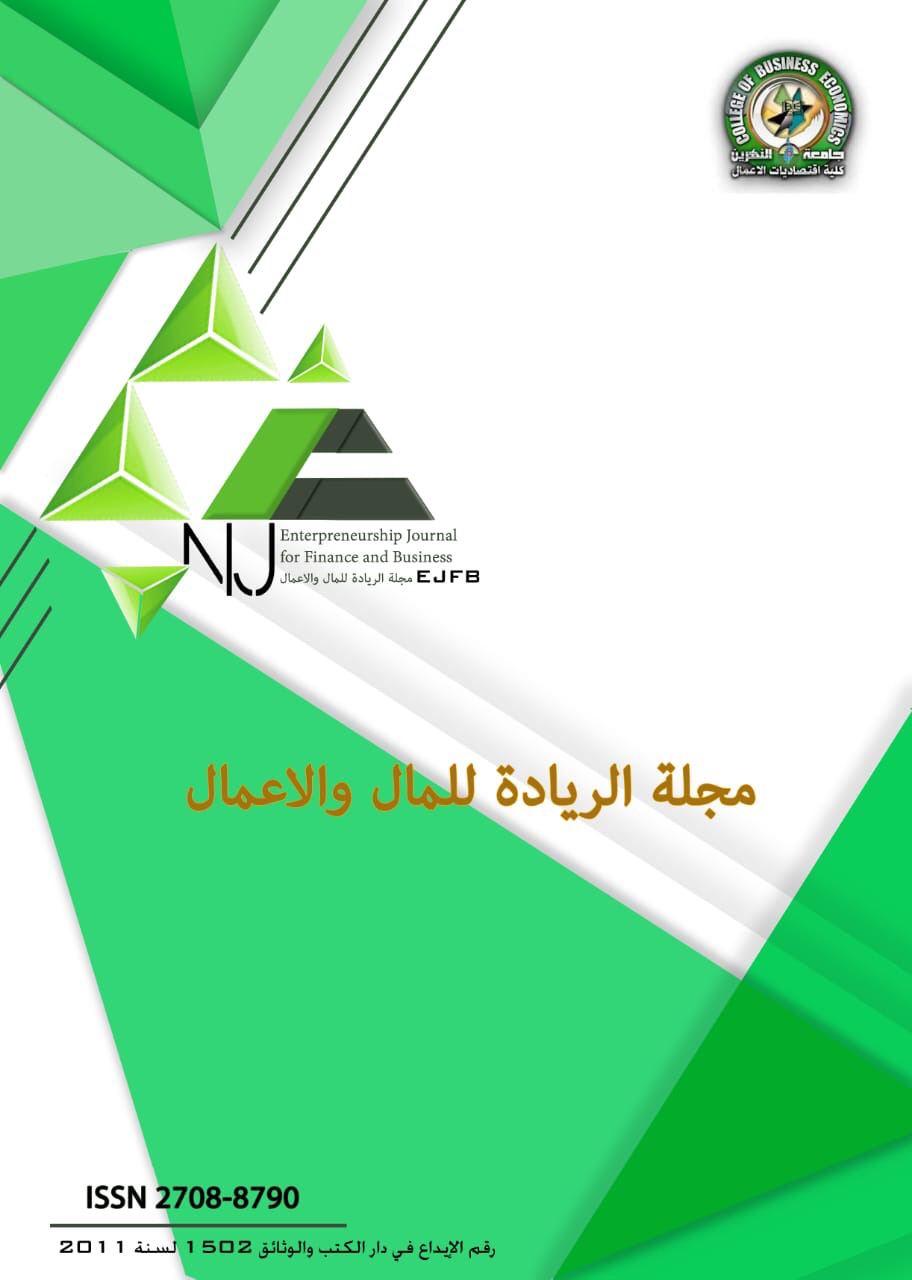The relationship between the budget deficit and the nominal exchange rate in Iraq for the period (2019-1990)
DOI:
https://doi.org/10.56967/ejfb202156Keywords:
exchange rate, budget deficit, ARDL modelAbstract
In many economic relations, there are correlations between variables that affect each other, including the reciprocal relationship between the budget deficit and exchange rate fluctuations, especially in developing countries, including Iraq, which suffer from problems in the general budget that may be chronic, and this deficit is caused by continuing In increasing public expenditures in exchange for a decrease in public revenues, especially that the Iraqi economy is almost completely dependent on the oil sector, And due to the fluctuation of oil prices and its impact on the volume of imports, which negatively affected the state’s general budget, the study included three main sections. The first topic represents the theoretical framework of the exchange rate and the public budget deficit, and the second topic is the relationship between the exchange rate and the general budget deficit in Iraq for the period (1990-2019). While the third topic dealt with the standard analysis of the relationship between the two variables mentioned above, the study concluded that there is a one-way causal relationship between the two variables of the model, where the exchange rate is due to a deficit in the public budget in the long term
Downloads
Downloads
Published
How to Cite
Issue
Section
License

This work is licensed under a Creative Commons Attribution 4.0 International License.
This is an Open Access article distributed under the terms of the creative commons attribution (CC BY) 4.0 international license which permits unrestricted use, distribution, and reproduction in any medium or format, and to alter, transform, or build upon the material, including for commercial use, providing the original author is credited.






